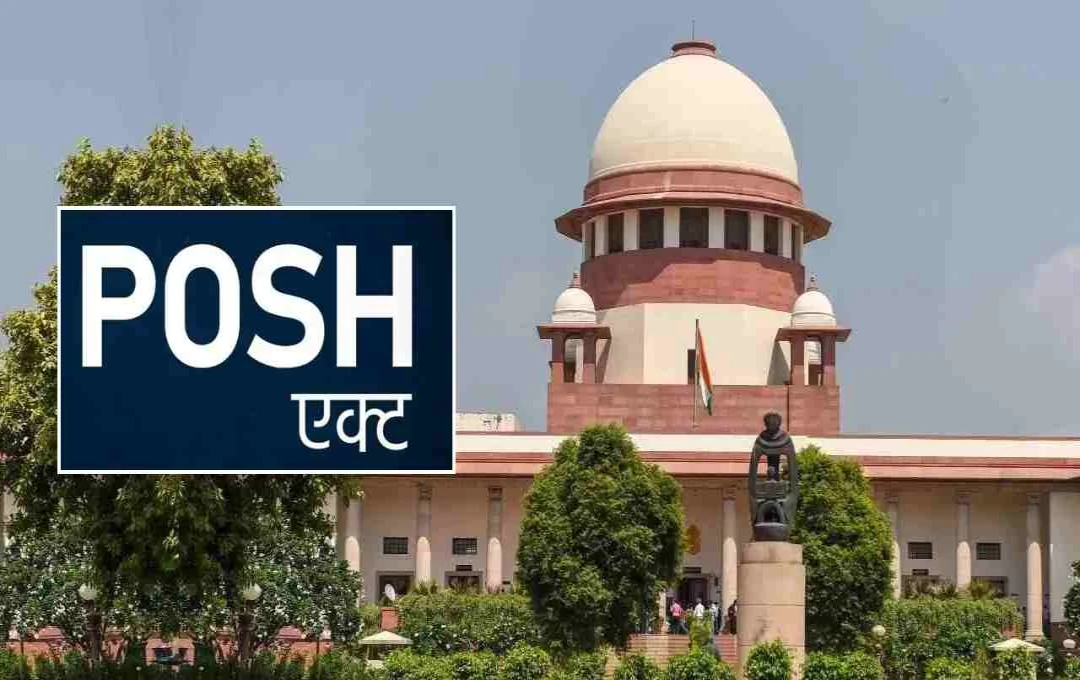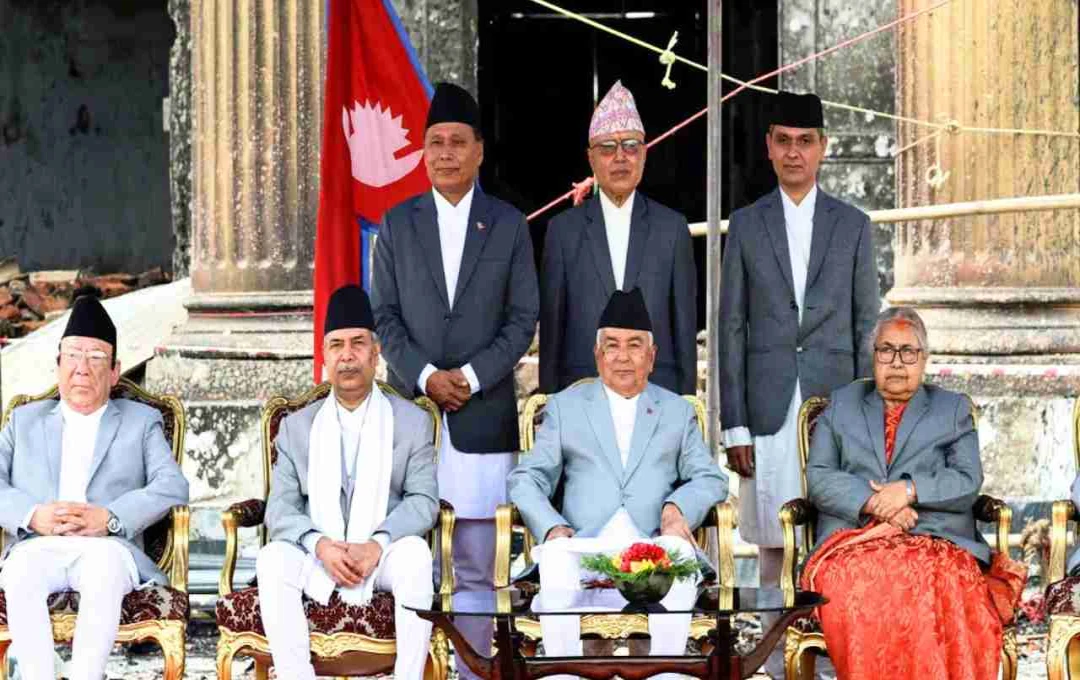In a significant recent ruling, India's Supreme Court has stated that political parties do not fall under the purview of the POSH Act (Prevention of Sexual Harassment at Workplace Act, 2013), which provides protection to women from sexual harassment.
New Delhi: The Supreme Court has clarified that the POSH Act (Prevention of Sexual Harassment at Workplace Act), which ensures a safe workplace for women, will not be applicable to political parties. The court on Monday dismissed a petition that sought to bring women working in the political sphere under the ambit of this law.
The court stated that political parties do not fall under the definition of a "workplace," nor is an employer-employee relationship established between them and their workers. This decision is disappointing for women working in unconventional fields like politics, as the legal framework to protect them from sexual harassment will now not be available to them.
Purpose of the Petition and the Court's Decision
The petitioner argued that the benefits of the POSH Act, enacted to protect women from sexual harassment at every workplace, should also be extended to women working in political parties and other unconventional workplaces. The petition stated that the law's definition was kept broad to ensure maximum women could benefit from it. Despite this, the Kerala High Court, in a March 2022 judgment, had stated that political parties are not required to form an Internal Complaints Committee (ICC) because a traditional employer-employee relationship is not found there.

Dismissing the petition, the Supreme Court stated that individuals working in political parties are voluntary members and this relationship is not akin to that between an employer and an employee. Therefore, the purpose of the POSH Act does not apply there. The court also mentioned that this matter is related to policy-making and that institutions like the Election Commission can formulate relevant guidelines, but the law's limitations are clear.
What is the Purpose of the POSH Act?
The POSH Act was established in 2013 based on the landmark Vishakha v. State of Rajasthan case. The aim of this law was to provide women protection from sexual harassment at every workplace and to ensure a safe environment for them. It defines the employer's responsibility to constitute an Internal Complaints Committee (ICC) and to resolve complaints in a timely manner.
The petitioner argued that the definition of workplace should include fields like political parties, media, and the film industry so that women's rights are protected. However, the court stated that the law's structure is based on a traditional employer-employee relationship, which does not exist in political parties.
Impact on the Constitution and Women's Rights
The petition also argued that excluding political parties from the POSH Act violates the equality (Article 14), prohibition of discrimination (Article 15), freedom of profession (Article 19(1)(g)), and the right to dignity and life (Article 21) guaranteed by the Constitution. The petitioner claimed that women working in unconventional workplaces are facing an unsafe environment and deserve justice.
However, the court acknowledged that this issue can be resolved through policy-making and social awareness, but altering the definition of the law is beyond the judicial domain. The court had also dismissed a similar Public Interest Litigation last month and advised the petitioners to approach the Election Commission to encourage political parties to develop grievance redressal mechanisms for women.













